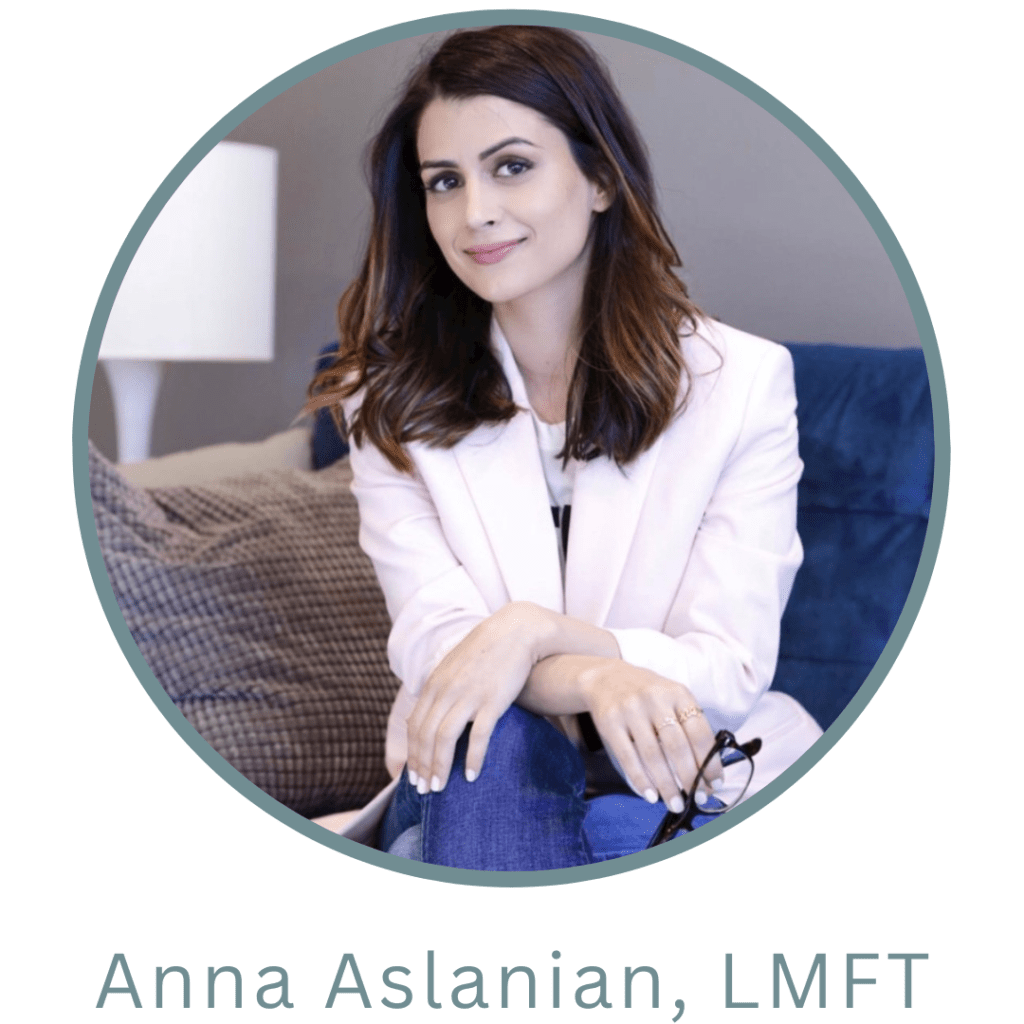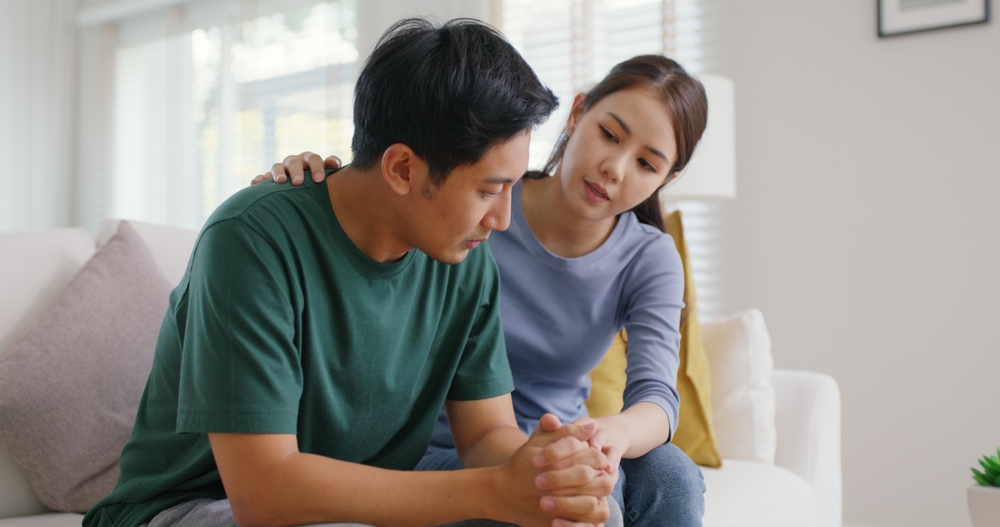
Life is a balance between what we can control and what we cannot. I am learning to live between effort and surrender -Danielle Orner.
Anxiety and depression, while difficult to deal with, are both actually fairly common among adults. Anxiety and depression both have a spectrum. While some people may experience small feelings of worry or sadness occasionally, other people may struggle with feelings of panic or deep sadness on a daily basis. No matter what level anxiety and depression may be present in your life, it is okay to ask for help. Sometimes we were not given the proper tools in childhood to be able to cope with anxiety or depression, which is why it is able to take such control of us as we get older and face more and more challenges.

Anxiety and Depression Symptoms

How To Manage Anxiety and Depression
Anxiety Therapists in Los Angeles
Anxiety and depression can feel incredibly overwhelming, but please remember that you are not alone. Understanding the cause of your anxiety and/or depression and working through it with a therapist in your area can be incredibly beneficial. Modalities such as Acceptance and Commitment Therapy (ACT) and EMDR can help you understand and process whatever it might be that is causing your symptoms. Reaching out to therapists in your area is the first step towards a happier, healthier you.


